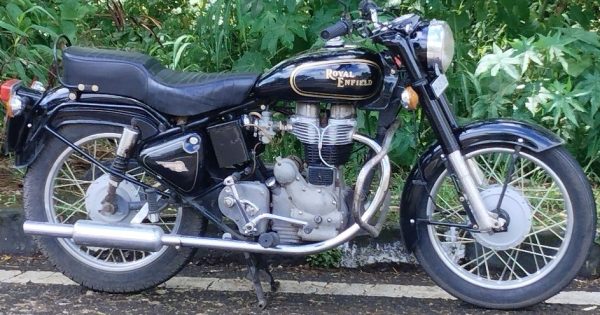Classic Legends to get USD 105m investment
Mahindra and Mahindra, along with others to invest USD 105 mn in Classic Legends The bestselling ‘Scorpio’ car manufacturer will invest USD 105 million along with existing shareholders and new investors, Mahindra said in an exchange filing.This will be over the course of next two to three years. Mahindra owns 60% of Classic Legends, which […]
Classic Legends to get USD 105m investment Read More »


